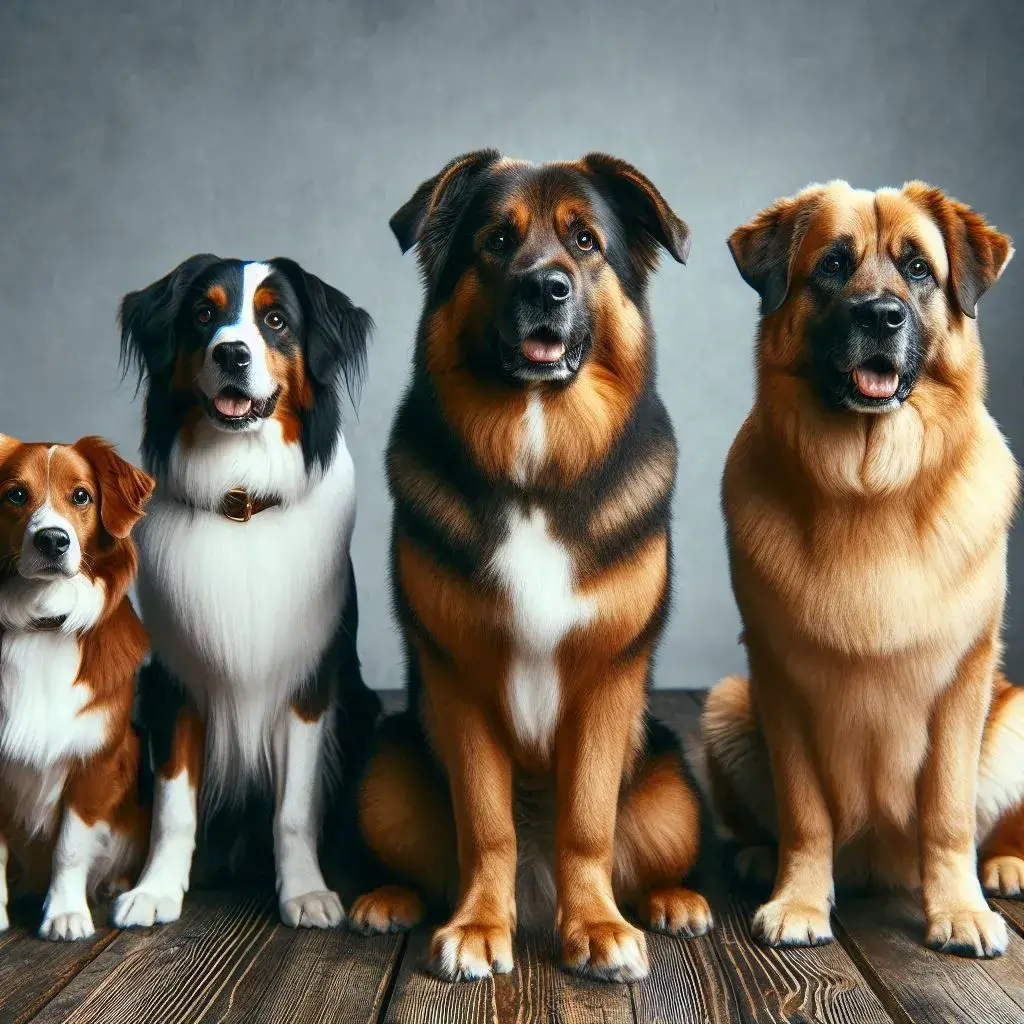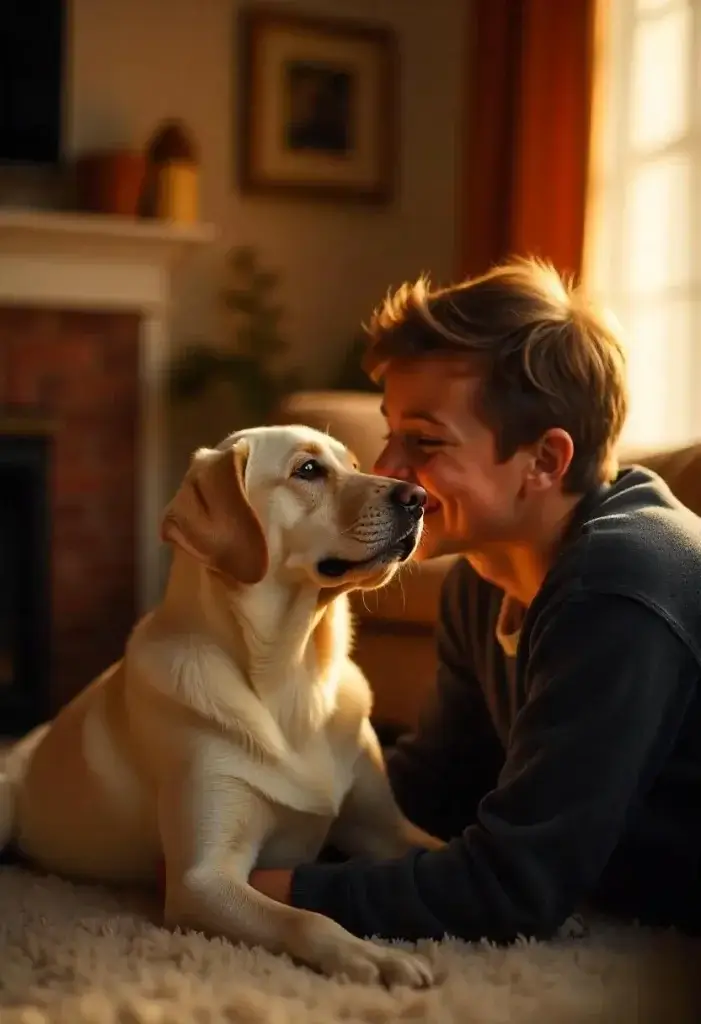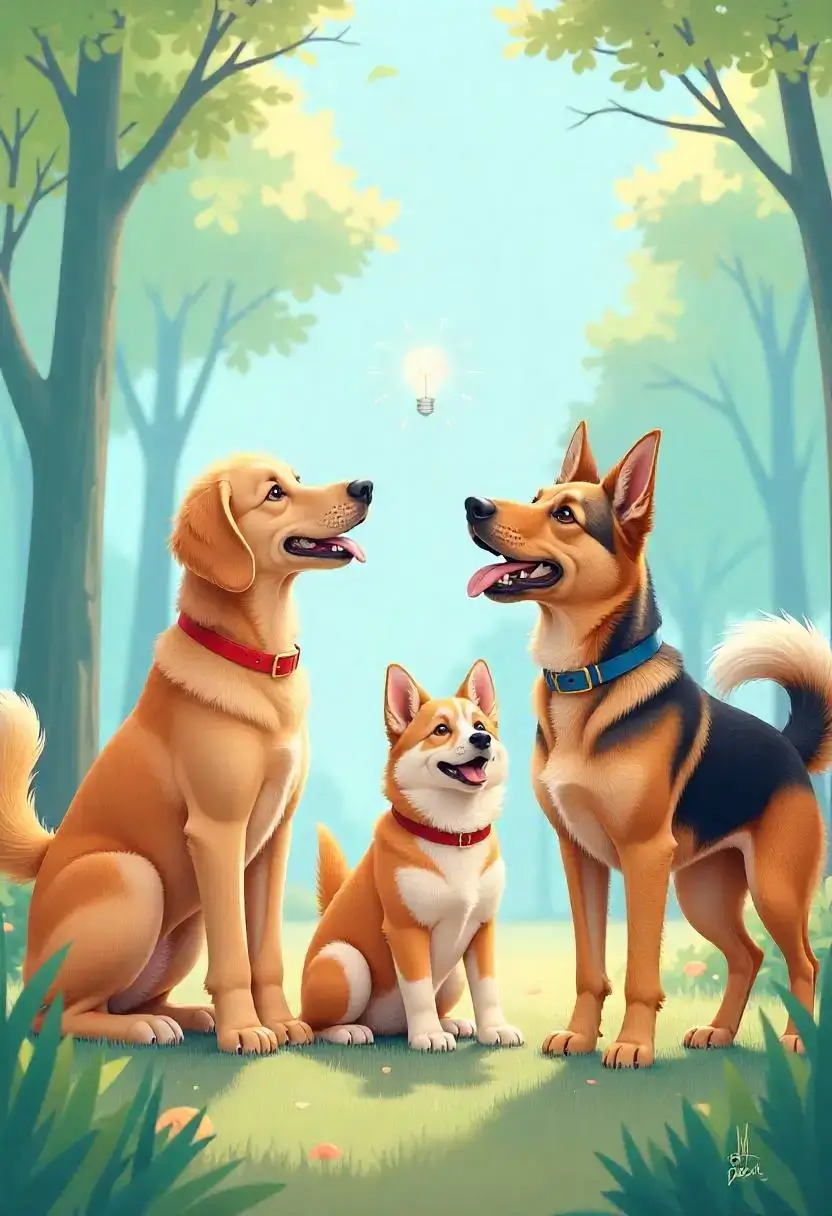Dogs have earned a reputation as loyal companions and protectors, but some breeds stand out for their exceptional intellect and problem-solving skills. In this comprehensive guide, we explore the most intelligent dog breeds renowned for their quick learning, obedience, and adaptability. Whether you’re an experienced trainer or a new pet owner, understanding these breeds can help you choose a smart companion that fits your lifestyle.
Understanding Canine Intelligence
Intelligence in dogs is a multifaceted concept. It goes beyond obedience to include problem-solving abilities, adaptability, and social intelligence. In this section, we explore what makes a dog smart and how these traits are measured.
What Makes a Dog Intelligent?
Dogs exhibit intelligence in various ways:
- Learning Ability: Quick to learn commands and tasks.
- Problem-Solving: Capable of figuring out puzzles and challenges.
- Social Intelligence: Strong communication with humans and other animals.
- Adaptability: Ability to adjust to new situations and environments.
How Intelligence is Measured in Dogs
Experts often use tests that measure:
- Obedience: Speed and accuracy in following commands.
- Working Intelligence: Problem-solving skills in unfamiliar tasks.
- Adaptive Intelligence: The ability to learn from experience and apply that knowledge.
Top Most Intelligent Dog Breeds

Below, we dive into the profiles of some of the smartest dog breeds known for their intelligence and versatility.
1. Border Collie
Characteristics of Border Collies
- Intelligence Level: Widely regarded as the smartest breed.
- Learning Speed: Extremely fast learners, mastering new commands rapidly.
- Work Ethic: Excellent herding skills and a natural instinct for work.
Training and Care Tips for Border Collies
- Engage them in regular agility or obedience training.
- Provide mental stimulation with puzzle toys.
- Ensure ample physical exercise to channel their energy.
2. Poodle
Characteristics of Poodles
- Versatility: Excels in obedience, agility, and even water sports.
- Adaptability: Easily adapts to family life or competitive environments.
- Grooming: Known for their hypoallergenic coat which requires regular care.
Training and Care Tips for Poodles
- Utilize positive reinforcement techniques for training.
- Include regular grooming sessions to keep their coat healthy.
- Offer varied exercises to meet both their physical and mental needs.
3. German Shepherd
Characteristics of German Shepherds
- Loyalty and Protection: Known for their courage and protective instincts.
- Trainability: Highly responsive to structured training and commands.
- Work Intelligence: Commonly used in police and military roles due to their keen problem-solving abilities.
Training and Care Tips for German Shepherds
- Implement structured training programs.
- Provide physical exercise through daily walks and interactive play.
- Socialize early to ensure they remain well-rounded companions.
4. Golden Retriever
Characteristics of Golden Retrievers
- Friendly Nature: Known for their sociability and gentle temperament.
- Versatility in Tasks: Excel in therapy work, obedience, and family companionship.
- Trainability: Highly responsive and eager to please their owners.
Training and Care Tips for Golden Retrievers
- Engage in interactive games that challenge their mind.
- Maintain a consistent training schedule.
- Provide plenty of social interaction to keep them emotionally balanced.
5. Doberman Pinscher
Characteristics of Dobermans
- Alertness: Exceptionally alert and quick on their feet.
- Protective Instincts: Often serve as guard dogs due to their intuitive nature.
- Intelligence: Capable of complex tasks and quick decision-making.
Training and Care Tips for Dobermans
- Early socialization is crucial to temper their protective nature.
- Consistent, firm training using positive reinforcement.
- Regular physical activities to maintain their high energy levels.
6. Shetland Sheepdog
Characteristics of Shetland Sheepdogs
- Agility and Speed: Quick learners with strong herding instincts.
- Intelligence: Remarkably perceptive and responsive.
- Loyalty: Form deep bonds with their families.
Training and Care Tips for Shetland Sheepdogs
- Engage in regular herding games or agility training.
- Use interactive puzzles to stimulate their minds.
- Maintain a balanced diet and routine exercise schedule.
7. Labrador Retriever
Characteristics of Labrador Retrievers
- Adaptability: Excels in various roles including service work and therapy.
- Friendly Demeanor: Known for their outgoing and gentle nature.
- Trainability: Eager to learn and very responsive to positive reinforcement.
Training and Care Tips for Labrador Retrievers
- Incorporate daily walks and play sessions.
- Offer interactive training sessions to keep them mentally engaged.
- Ensure a balanced diet to maintain their overall health.
Training and Nurturing Intelligence
While breed genetics play a significant role in intelligence, proper training and environment are equally important.
Effective Training Methods
Positive Reinforcement
- Reward-based training helps motivate dogs to learn new skills.
- Use treats, praise, and play as rewards.
Consistency and Patience
- Consistent training sessions lead to better retention.
- Patience is key when introducing new commands or routines.
Interactive Games and Challenges
Puzzle Toys and Brain Games
- These keep your dog’s mind sharp and engaged.
- Rotate toys regularly to maintain interest and challenge.
Agility Courses
- Set up a simple course at home or visit a local dog park.
- Agility training builds both physical and cognitive skills.
Socialization and Cognitive Development
Exposure to New Environments
- Introduce your dog to various environments for mental stimulation.
- Regular outings and new experiences enhance their adaptability.
Group Training Classes
- Classes provide social interaction and structured learning.
- They also help in reinforcing obedience and good behavior.
Choosing the Smartest Companion

Summing Up the Best Intelligent Breeds
The world of dogs is diverse, and the most intelligent dog breeds have distinct traits that make them exceptional companions. Whether you opt for the boundless energy of a Border Collie, the adaptable charm of a Poodle, or the loyalty of a German Shepherd, the key is to provide them with proper training, mental stimulation, and love.
Choosing the Right Intelligent Dog for You
- Assess Your Lifestyle: Consider your living situation, activity level, and available time for training.
- Research Specific Needs: Every breed has unique care requirements—ensure you’re ready to meet them.
- Commit to Lifelong Learning: An intelligent dog thrives on continuous mental and physical challenges.


